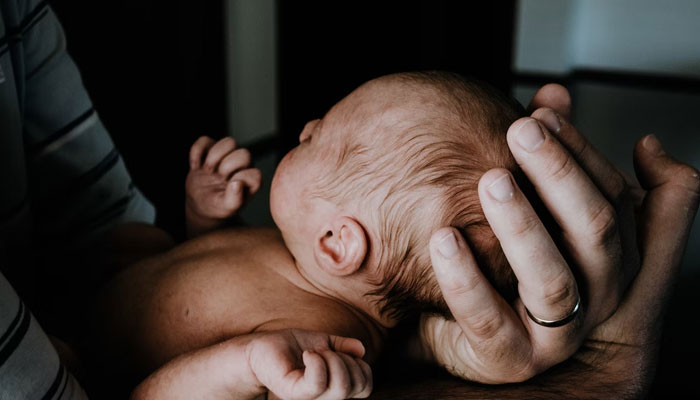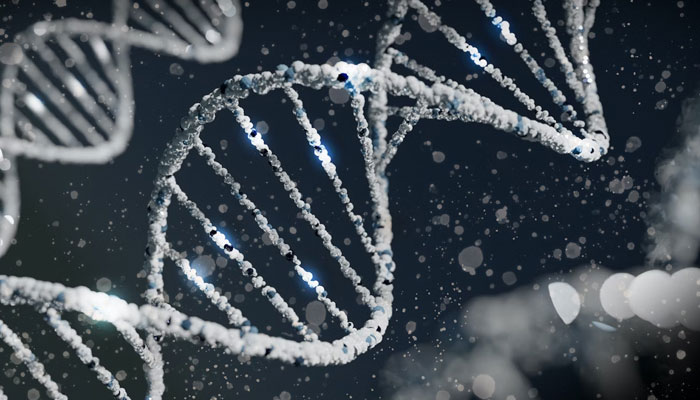First baby having DNA from three different people born in UK
In some cases, small number of abnormal mitochondria can multiply when baby is in the womb, finds research
May 12, 2023

In an attempt to prevent children from inheriting incurable diseases at the time of their birth, scientists have been able to create the first baby in the UK with the DNA of three people, reported Guardian.
With the help of the IVF procedure, scientists used mitochondrial donation treatment (MDT), a technique in which tissues from the eggs of healthy female donors are used to create IVF embryos, free from harmful mutations.
Despite having necessary components from biological parents, the baby also has a small amount of genetic material – about 37 genes – from the donor, rendering the process as a "three-parent baby".
The research called mitochondrial replacement therapy (MRT), was carried out by the doctors at the Newcastle facility, aiming to help women prevent passing genetic disorders as people inherit their mitochondria from their mothers.

About one in 6,000 babies are affected by mitochondrial disorders.
Properly functioning mitochondria provide vital energy for cells that make up our organs.
After parliament allowed the procedure in 2015 citing progress in MDT, after two years, the Newcastle clinic became the first and only national centre licensed to perform it, with the first cases approved in 2018.
The permission is granted depending on the case by the UK’s Human Fertilisation and Embryology Authority (HFEA), which has approved at least 30 cases.
The authority said that the number of births was less than five without specifying the number as doing so "could lead to the identification of a person to whom the HFEA owes a duty of confidentiality."
This procedure is not without risks. The research also found that in some cases a small number of abnormal mitochondria can multiply when the baby is in the womb.
So-called reversion or reversal could lead to a disease in the child.
Dagan Wells, a professor of reproductive genetics at the University of Oxford who took part in the research, said: "The reason why reversal is seen in the cells of some children born following MRT procedures, but not in others, is not fully understood."
Though the US is not the first to create babies from MDT. US doctor, in 2016, announced the world’s first MDT birth.
Wells said: "So far, the clinical experience with MRT has been encouraging, but the number of reported cases is far too small to draw any definitive conclusions about the safety or efficacy."
"Long-term follow-up of the children born is essential. The stage of development, when reversal happens, is unclear, but it probably occurs at a very early stage. This means that prenatal testing, carried out [at] about 12 weeks of pregnancy, may well succeed in identifying if reversal has occurred," added Wells.
Peter Thompson, chief executive at the HFEA, said: “MDT offers families with severe inherited mitochondrial illness the possibility of a healthy child. The UK was the first country in the world to allow MDT within a regulatory environment … These are still early days for MDT and the HFEA continues to review clinical and scientific developments.”
"Academic publications have been submitted and are going through the process of scientific peer review. This means we are unable to comment further at this time in order to avoid prejudicing the process," said a spokesperson for Newcastle Hospitals NHS Foundation Trust and Newcastle University.











